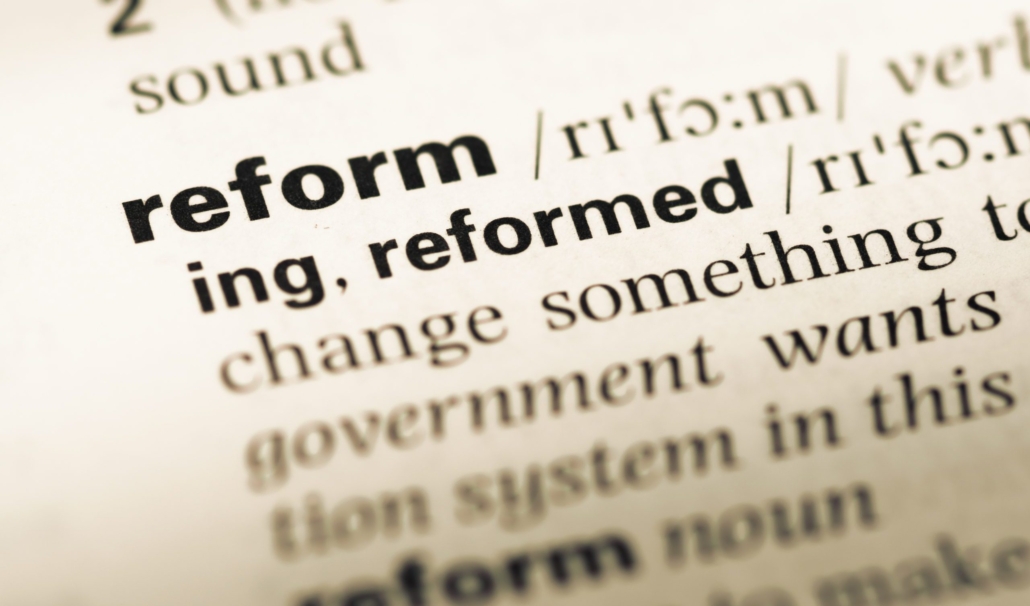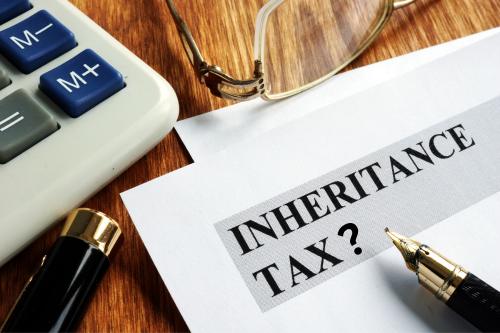You may have been made aware, following a video released by Prime Minister Keir Starmer, that the government published the Draft Commonhold and Leasehold Reform Bill on 27 January 2026. As a draft Bill, it does not change the law yet. However, the draft Bill sits alongside (and builds on) recent leasehold reforms and is positioned as the next “system-level” step: reinvigorating commonhold and materially rebalancing leasehold’s enforcement and financial implications for existing leaseholders.
Here are some key points from the draft Bill:
1) The policy “headline”: Commonhold as the default, Leasehold as the exception
The draft Bill is intended to modernise and strengthen commonhold so that it becomes a realistic, scalable tenure for flats and mixed-use developments.
In parallel, the government’s published position is that, once a reformed commonhold framework is in place, new leasehold flats will be banned (subject to limited exemptions) so that commonhold becomes the default.
2) Ground Rent reform for existing Leases: a proposed cap and “peppercorn” end-point
A central element in the materials published with the draft Bill is the proposal to tackle ongoing ground rent liabilities in existing residential leases (i.e., not just new leases, where ground rents have already been largely prohibited under earlier legislation).
The published policy position indicates:
- A cap on ground rents at £250 per year, and
- A move to a peppercorn (effectively nil) after 40 years.

3) Ending “forfeiture” as the ultimate sanction and replacing it with a new enforcement scheme
The draft Bill indicates an intention to abolish forfeiture for residential leasehold as it is currently understood. This is due to the current mechanisms being described as disproportionate where small arrears can, in principle, place a leaseholder’s entire equity at risk.
In place of forfeiture, the draft Bill proposes a new lease enforcement scheme framed as “fairer and more proportionate”.
4) Estate rentcharges and “fleecehold”: curbing draconian enforcement tools
The government states the draft Bill will also address harsh enforcement mechanisms that apply to estate rentcharges on freehold estates by repealing those powers as they relate to estate rentcharges.

This is part of a broader trajectory (also visible in earlier reforms) towards:
- Stronger challenge rights,
- Greater transparency of charges, and
- Reduced scope for enforcement measures viewed as disproportionate to the sums in dispute.
The Draft Commonhold and Leasehold Reform Bill 2026 indicates a decisive policy shift away from leasehold as the default tenure for flats and towards a re-engineered commonhold model intended to be financeable, scalable, and workable for mixed-use development. In the interim, it signals further substantive rebalancing of existing leasehold relationships through interventions such as ground rent restriction, replacement of forfeiture with a more proportionate enforcement regime, and curbs on rentcharge-style enforcement.
However, as the draft bill is accompanied by ongoing consultation, it also indicates that we may have to wait some time until the precise shape of reform is established.
01789 772955
Blog by Harry Somerfield


























